Panic or Pandemic? Why Coronavirus Is NOT What You Should Worry About
Panic or Pandemic? Why Coronavirus Is NOT What You Should Worry About
I’m not Nostradamus, but due to Coronavirus (COVID-19) I’ve been telling those close to me for weeks that things were going to start running out. While the jury is out on whether I helped the situation I’ll describe below, or just added to the chaos and panic, preparedness is never something I’ve taken lightly.
As I’m sure many reading this article can relate, when I get into a conversation about my “stocking up,” it generally garners a few chuckles and more questions. I’m careful with who I share that information with to avoid such conversations, but sometimes Kelly starts that conversation with friends for me and it typically goes like this.
“There’s nothing wrong with being prepared,” I’ll say. “You have car insurance, right? It’s usually never quick to get your car fixed and I can’t call up my homeowner’s insurance company and ask them to deliver food, water or emergency supplies, right?” Those statements are just a few I like to make before going into why I feel preparedness is really more like being self-insured for natural disasters. Until that option is available to add to my policy, I’ll keep managing it myself.
Panic Gone Viral
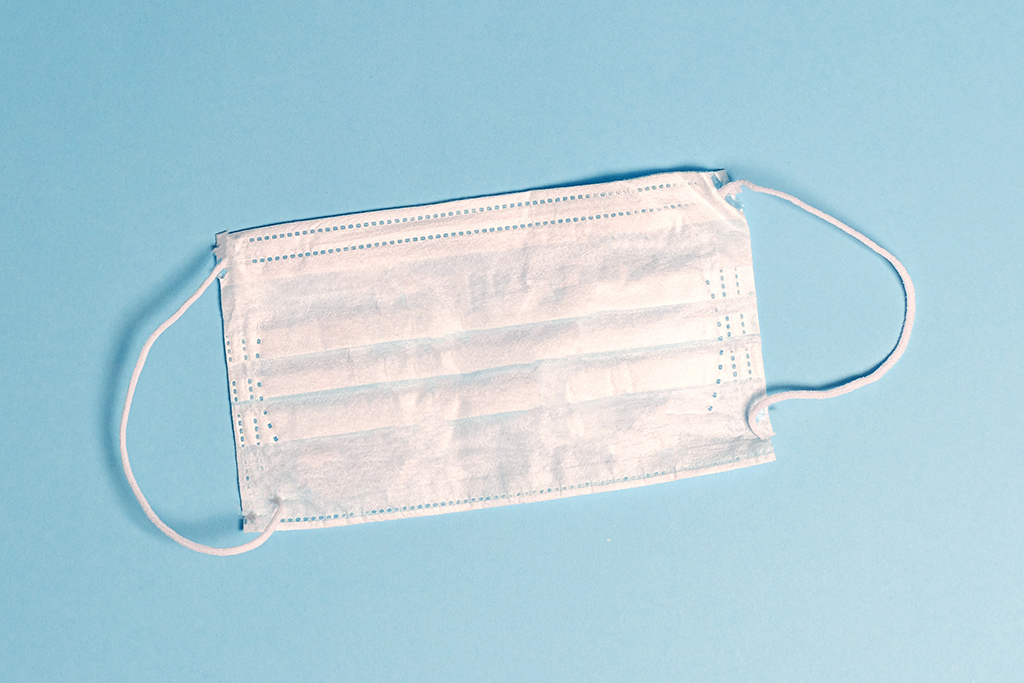
If you read the paper today (I’m 40 now, so I feel like a traditional subscription to the paper is warranted), you’ll see stories about the run on essentials like water, toilet paper and hand sanitizer. Things are running out and quantity limits are already being placed at many stores.
I generally dislike using the term survival over preparedness and as a business owner in this “preparedness” industry, I have a little more data than the average bear; namely the date of January 27th when we noticed the run on N95 masks in our online store and were sold out in a day.
That wasn’t the origin of my worry though, as much as we try to ensure everything stays in stock, it was the follow-up message we received back from our supplier that was alarming. They used the term “rolling back-order,” which was a term we’d never heard from a supplier in the decade we’ve been in the e-commerce business.
Stocking Up Before a Panic
Many I told in early February about the potential shortages, gave me the same chuckles I described earlier. Despite my warning of encountering a panic before a pandemic, many are probably still in disbelief that the virus will affect their daily lives. Even discounting the so-called stock market corrections, I truly believe that COVID-19 will eventually affect everyone locally in some way, be it panic or pandemic.
I’m sure I sound completely paranoid and hypocritical, given that I’m trying to still warn people of the impending panic, while seemingly adding to the panic that already exists with an article like this. It’s the same concept and flack I’ve always caught about providing instruction on escaping from illegal restraint. Could criminals stumble upon the information? Of course, but trust me, they already knew these things and have been passing them along for decades before ITS started.
Same thing here, panickers gonna panic and have already been doing so. I’m trying to target the people still taking a realistic approach to the situation and discussing real preparedness. I’ve always felt the readers of ITS were a bit more educated anyhow and naturally seek out knowledge on the subjects we present in articles like these.
The Spiral of Panic
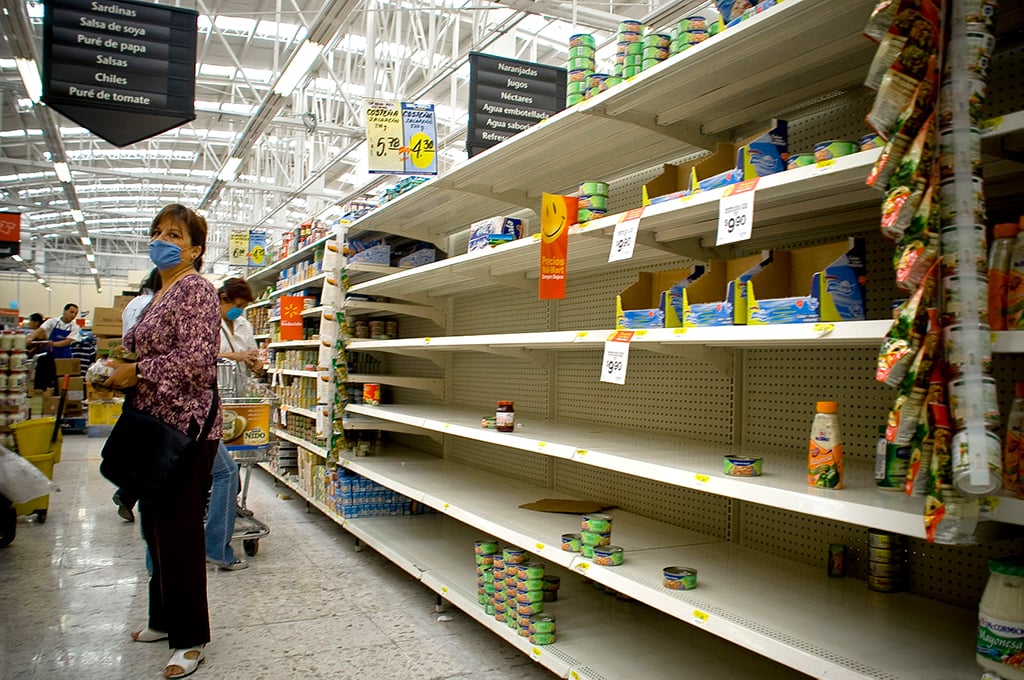
During natural disasters, health events or even just run-of-the-mill power outages, people have a tendency to freak out. It’s understandable if you think about it, as most people don’t have emergency supplies on hand. When faced with the possibility that they may not be able to get food or basic household items soon, they panic and run to stores to buy everything they can get their hands on.
They also usually end up buying the wrong things in bulk and when others who aren’t savvy see those things being depleted, they try to start buying them too; It’s consumerism at its finest. I don’t mean to joke about it, but how many bowel movements do you expect to have with all that toilet paper? Do you realize face masks don’t stop you from getting a virus or the flu and that they’re used to ensure you aren’t spreading what you already have? Don’t take my word for it though.
It might seem unfair now to highlight items you should already have, but all of us here at ITS hope this situation is resolved soon and you’ll be reading this in the future. If you are reading this after the panic has subsided and things are relatively calm in your area, now is the time to get these things together mentioned below. Another quote I’m fond of using during times like these is from the movie Spy Game, “When did Noah build the Ark, Gladys? Before the rain… before the rain.”
We pooled our resources here at ITS and tried to brainstorm some quick categories to get you thinking, rather than a bulleted list of must-haves. If you have items that you think are better or more important, by all means sub those in. It’s better to have it and not need it, than to need it and not have it. You’ve probably heard that one before, though. We also hope you’ve heard these categories before and can spot the irony in this list being similar to what you should have on hand during a natural disaster.
Water
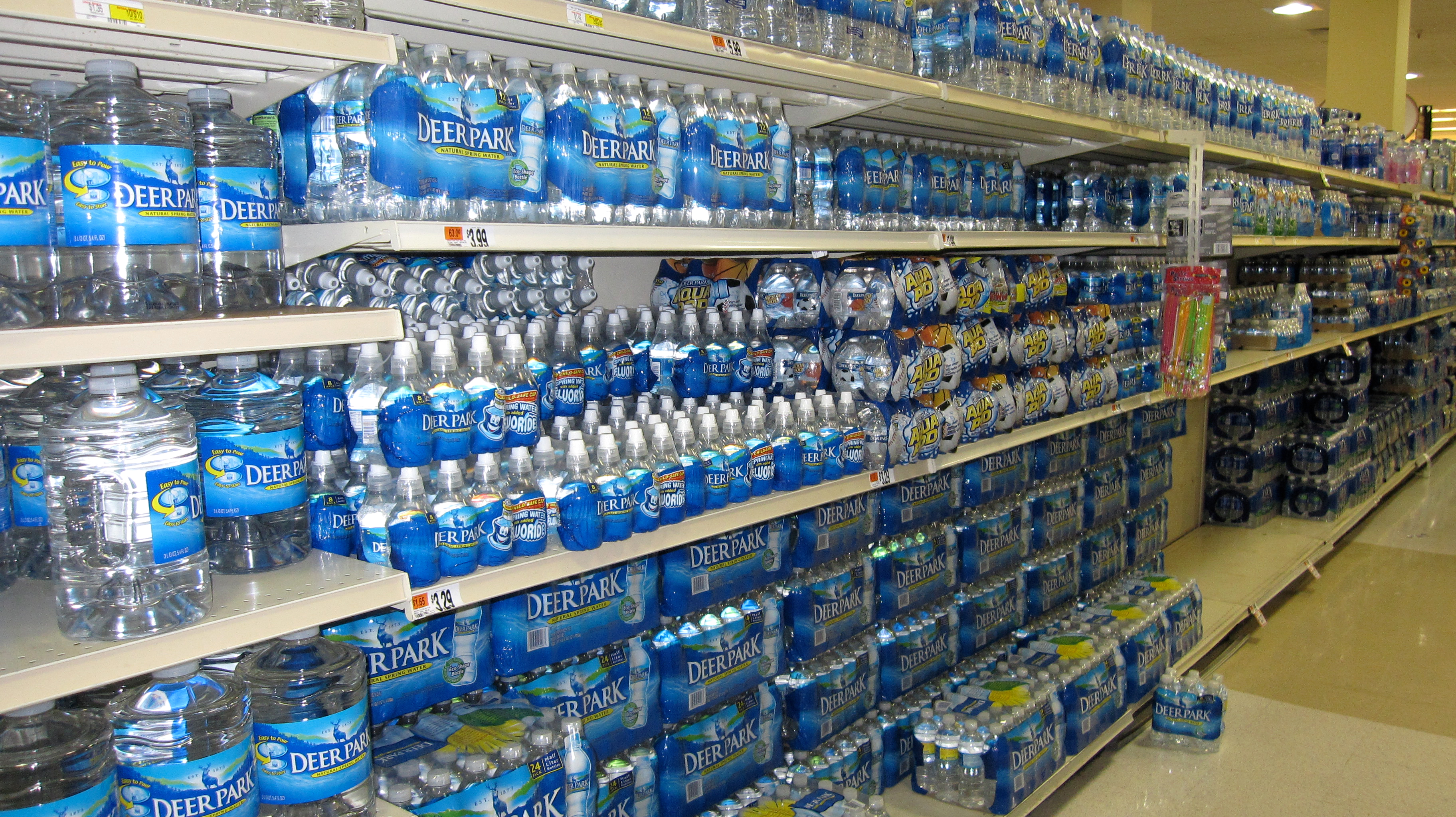
Your number one priority during during any event, is ensuring you have clean water on hand. There are a lot of great water storage options and we’d recommend having a diverse range of containers. Keeping bottled water on hand allows you to have single servings and ensures that if something contaminates one bottle, the whole supply isn’t ruined. In addition, you should consider keeping a couple of 5-10 gallon water containers filled up for general washing or hygiene purposes.
Filling up your bathtub is a call you might want to consider making as well if you feel like you’re likely to encounter a situation that produces a lack of water. Additionally, you can empty your hot water heater if you don’t have a tankless version.
While water storage is an important step, it’s also important to prepare for filtering water. You never know how long your access to plumbing might be cut off, so the 10-20 gallons of water you’re keeping on hand can run out quicker than you think. We’ve had good luck with filters from Katadyn and Sawyer. They’re a bit manual, but can filter thousands of gallons. Check out this ITS article for more on treating water for viruses too.
Food
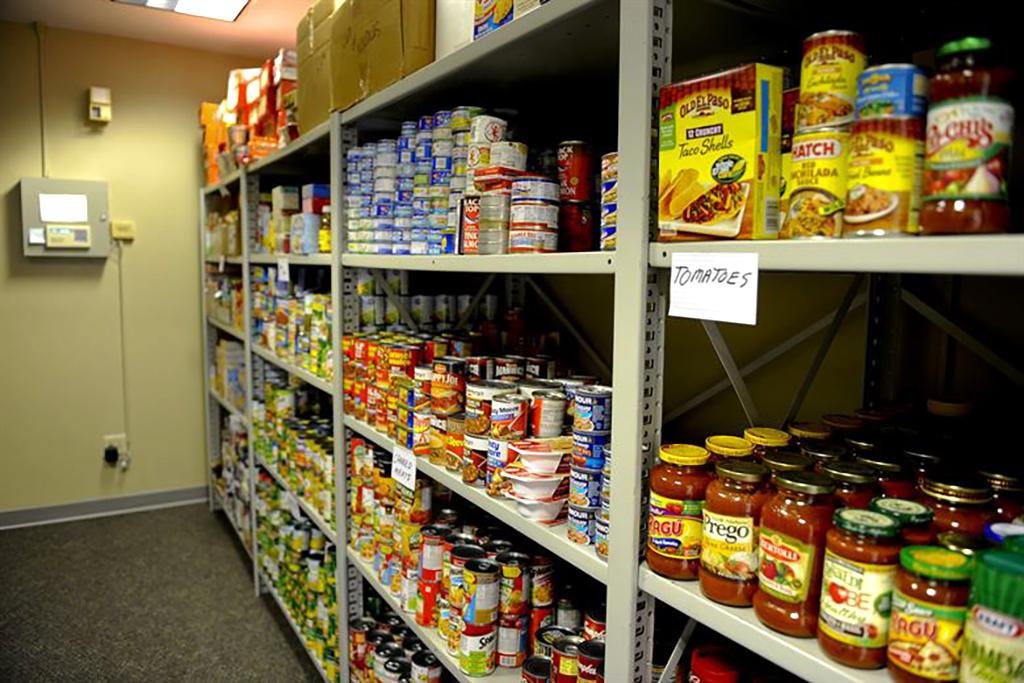
When it comes to food storage, try to disrupt your normal patterns as little as possible. The extra food you keep on hand should compliment and/or include what you normally eat. The key to food storage is regularly using and replenishing items and not just storing things until that you’ll forget about until you need them and realize they’re past their expiration date.
As a base, it’s hard to beat keeping rice and dried beans on hand. These offer a good amount of calories and can keep for a long time. Additionally, you should consider keeping canned items on hand, especially as cooking might not always be an option. Freeze dried foods and MRE’s have their place, but usually they’re better suited for when you’re on the move. If you’re hunkering down in your house, the lightweight properties of a freeze dried or dehydrated meal aren’t as big of a benefit versus canned/dry food.
Many times people store things like large cans of peanut butter and lifeboat rations. While these foods offer a good amount of calories for those “you’ll eat anything if you’re hungry enough times,” you’ll have a better experience if you keep your options varied but familiar.
Shelter
Nothing sounds cooler than a “Bug Out Bag,” but the truth is that you’re more likely to be sheltering in place during a disaster than hiking to a remote government compound in zombie-movie fashion. Don’t neglect a bag for each member of your family, just be realistic about what it contains and how far you can move with it. There are definitely situations when it’s all you might be able to grab given time or other constraints.
If you’re sheltering in place, there are things you can do to better prepare your home for times you’re cut off from utilities and other services. Lack of electricity and plumbing requires using your home a bit differently, so plan for these events by keeping things like flashlights close-by at a minimum, or installing a generator with an automatic transfer switch on the opposite end of the spectrum. Just be mindful of how much your lit-up home will stick out to passersby.
Take appropriate safety precautions as well for your home. Keep fire extinguishers near common areas they might be needed and favor things like LED lanterns over fuel-based options. Also ensure that you’ve done a security assessment of your home to make yourself a harder target against intruders. Emergency response might be limited during a disaster, so self-reliance is critical.
Hygiene
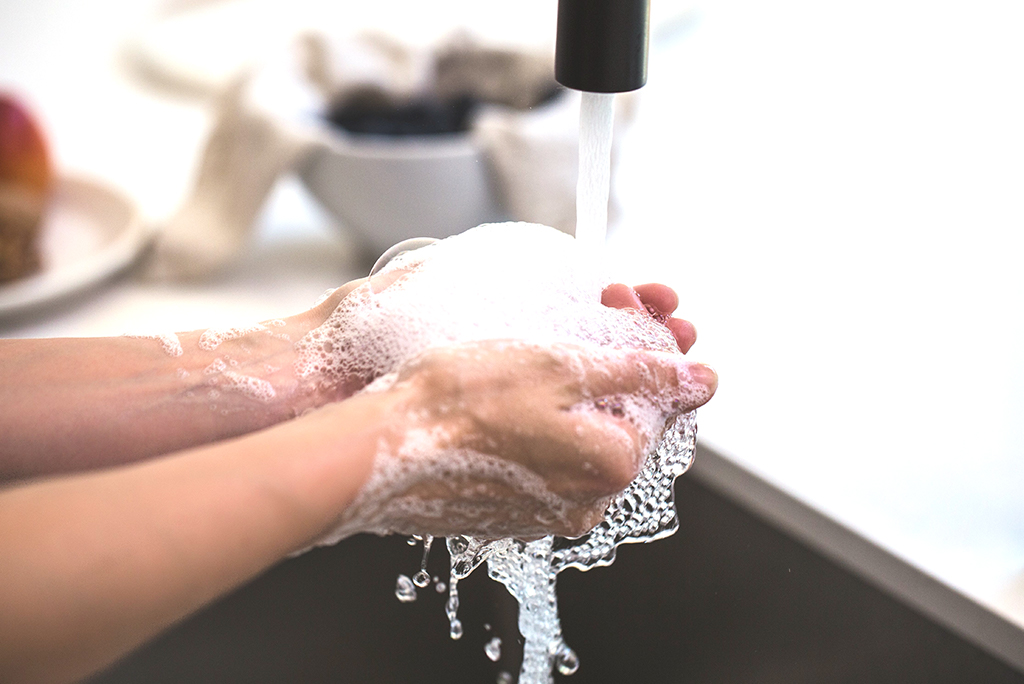
Staying healthy is paramount, as you may not be able to find over-the-counter items or have access to medical facilities. It’s important to have a plan for minor and major medical emergencies, as well as other hygiene precautions you’ll need to take without plumbing or electrical.
For medical considerations, plan to have a full-size Trauma Kit on hand, as well as a First Aid Kit. You’ll most likely be reaching for the Band-Aid in your First Aid Kit, so be sure that you have enough supplies to last. You may also want to augment your kits with larger items like emergency blankets or splints.
Without plumbing, you’ll need to confront the necessity of waste disposal. There are some good options out there for makeshift toilets and it’s always a good idea to keep a supply of trash bags on hand, as well as disinfectants. Be sure you have a good method for washing your hands, even if it’s just hand sanitizer or knowing how to make your own.
Entertainment
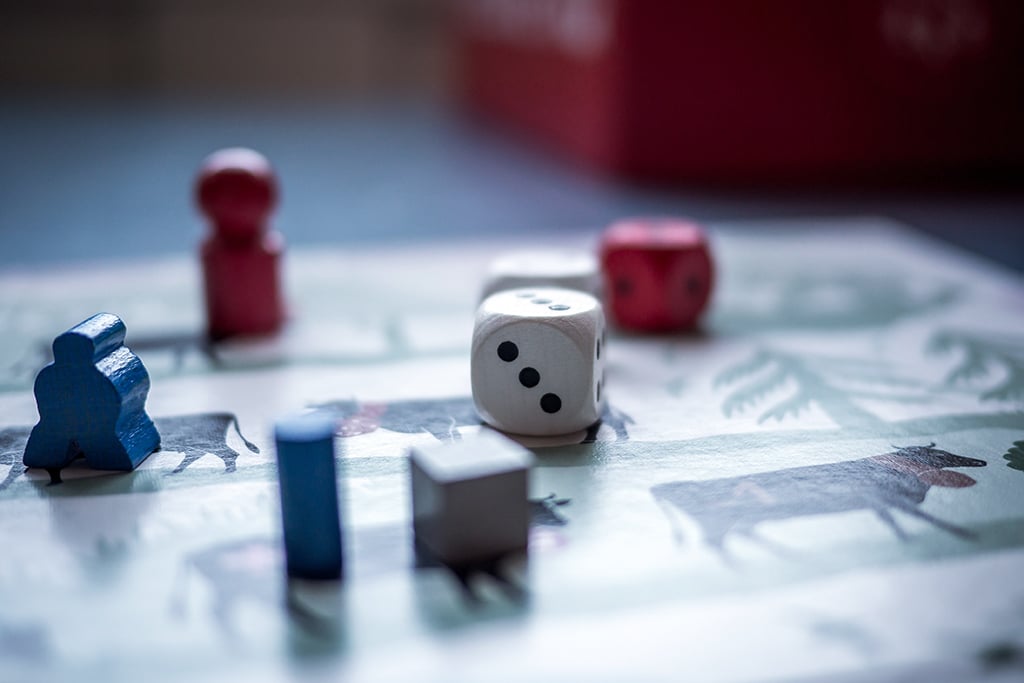
It never hurts to keep up morale during an emergency, so don’t forget to factor in things that help pass the time. Books, a deck of cards and board games can be invaluable for keeping up your spirits. Be sure to think specifics when it comes to kids and pets as well.
No matter where we end up at the conclusion of this particular event, it never hurts to be prepared. Hopefully if you weren’t already taking these steps, you’re prepared for the next time something happens and it most certainly will happen again. Remember, build your Ark before the flood.







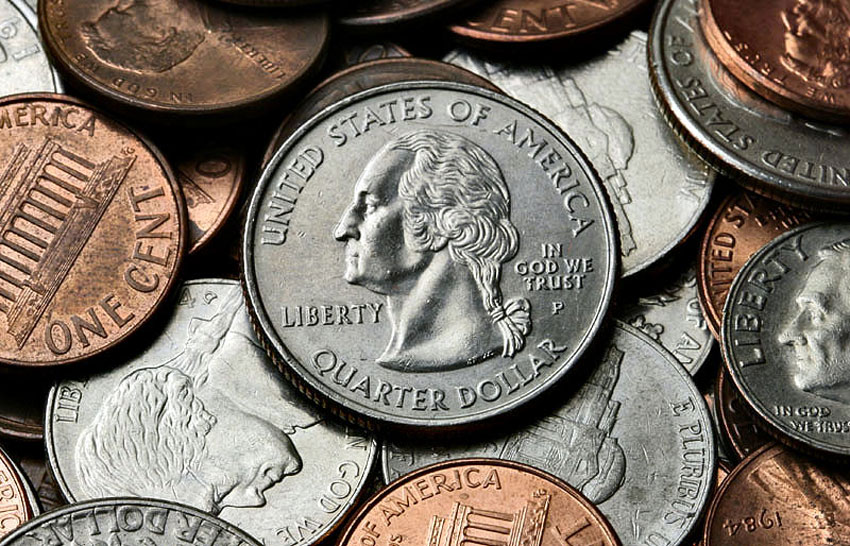
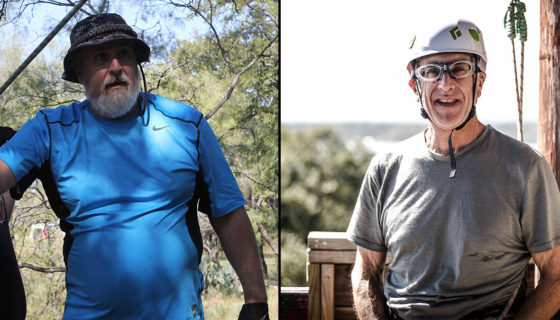
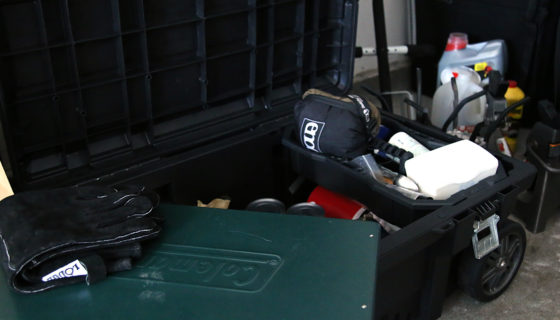

Discussion